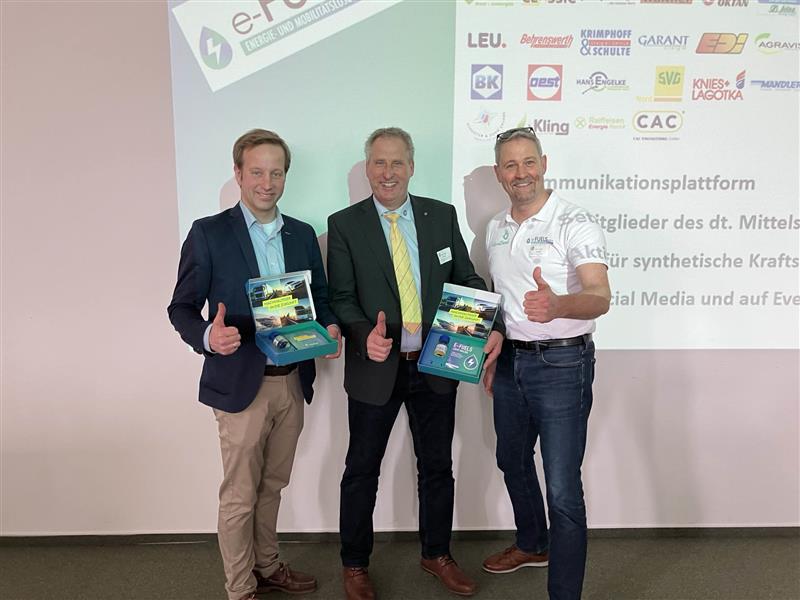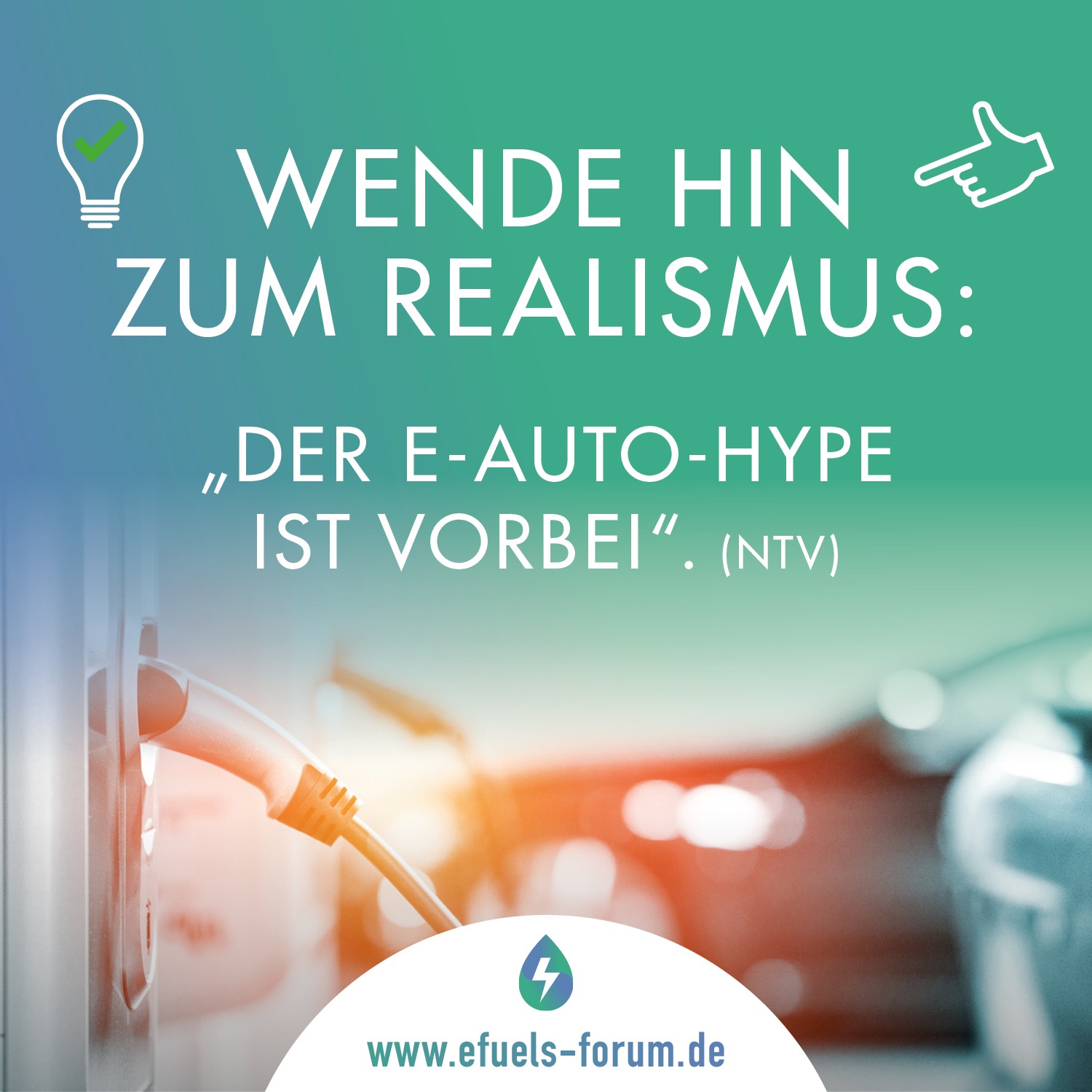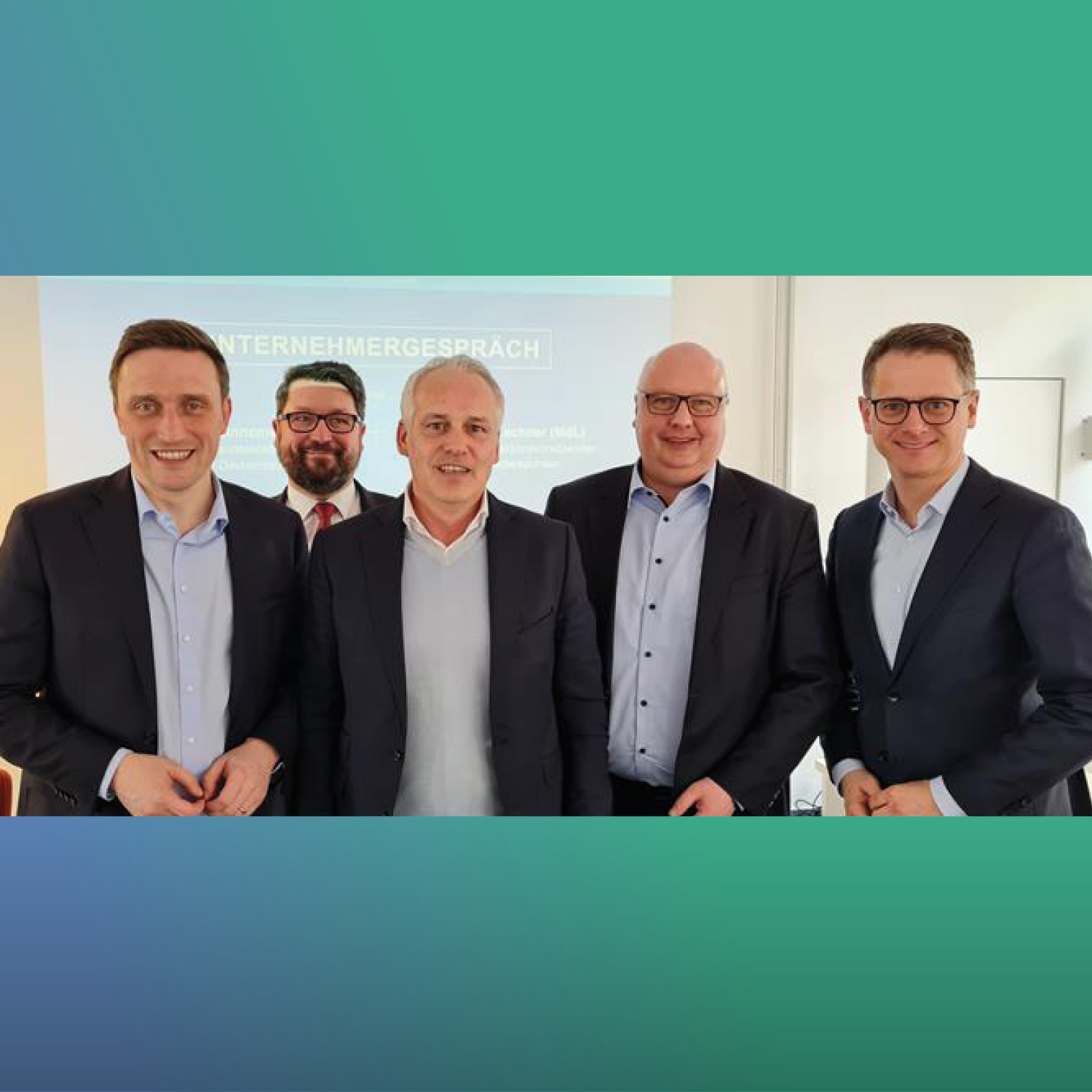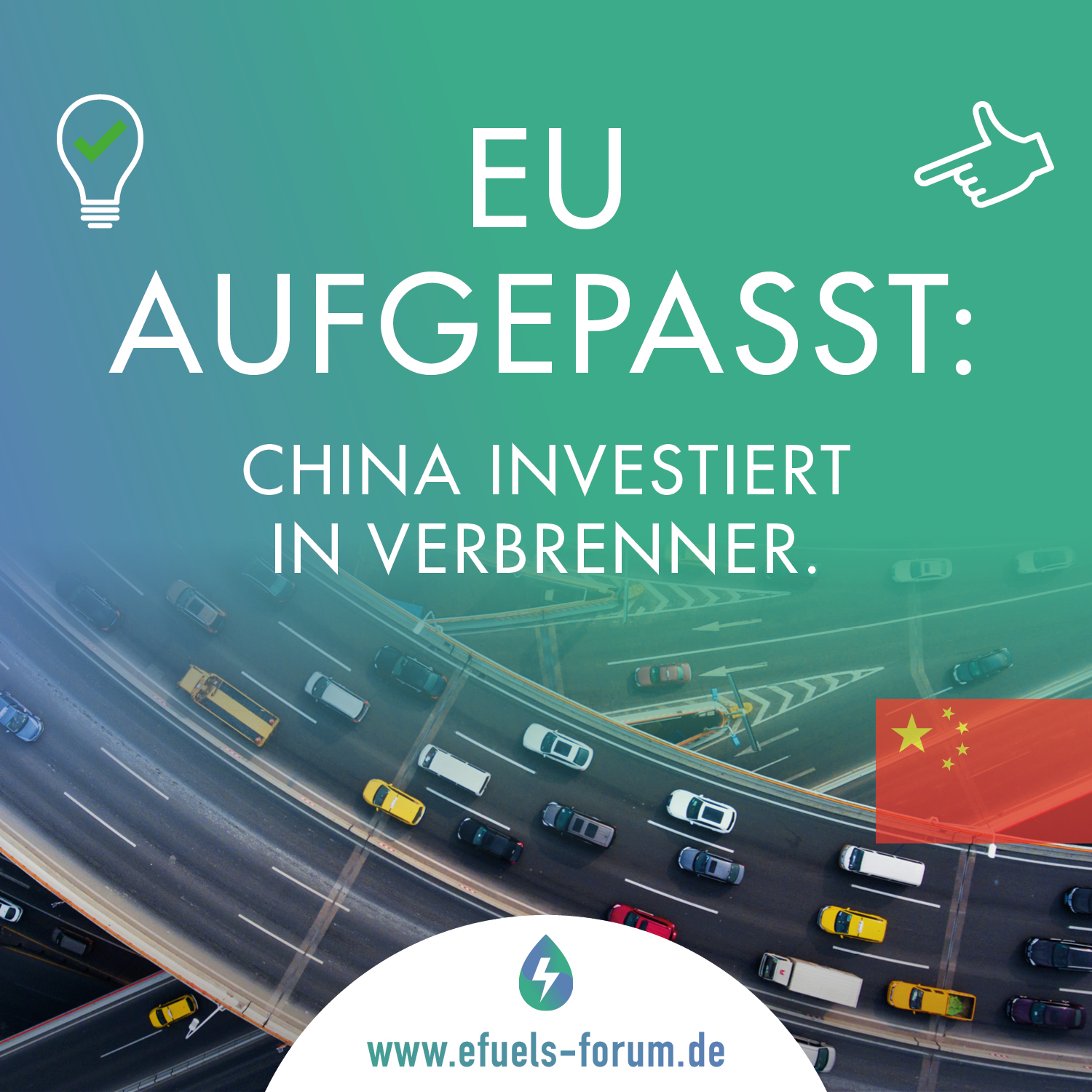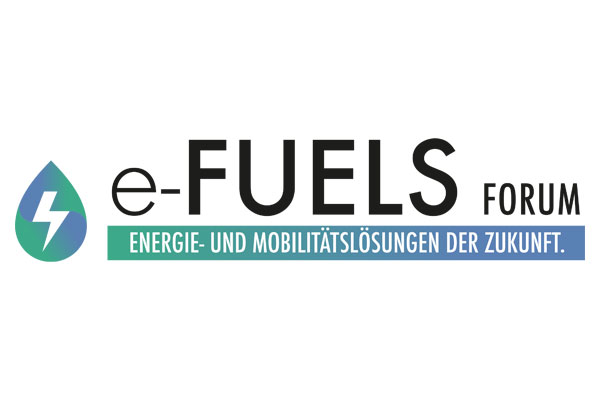Minister Scheuer in favor of technology openness
The European goal of climate neutrality by 2050 is now firmly established. The transport sector still has to catch up with other sectors in reducing CO2 emissions. At an online event hosted by the Hanover Chamber of Commerce and Industry and featuring top-class representatives from business and politics, the future opportunities and contribution of e-fuels to achieving climate neutrality in the mobility sector were discussed. IHK President Gerhard Oppermann opened with an appeal to policymakers to discuss the variety of possible solutions for more environmentally friendly mobility in an open-minded manner and to tackle them together with the business community. “Hydrogen and e-cars currently dominate the public discussion, but today we want to focus for once on e-fuels as another alternative.”
Around 300 guests took part in the first IHK online dialog in the Energy & Environment series and contributed their questions to the discussion.
Demand for openness to technology
In the IHK online dialog, Federal Minister of Transport Andreas Scheuer spoke out in favor of technology openness in the transport sector. The focus should not be on just one instrument, electromobility, but instead on a multi-track approach. The Federal Minister of Transport described e-fuels as a “central building block for the climate-friendly mobility of tomorrow”. The task now is to quickly “get out of the test tube and into mass production. Even with about 10 million electric vehicles in Germany by 2030, he said, there are still 30 to 40 million vehicles with “combustion engines” that could use e-fuels as fuel.
Funding by the Federal Ministry of Transport
Scheuer announced several funding guidelines from his ministry for this purpose, which are intended to accelerate the use of e-fuels, among other things – including a funding guideline for the further development of renewable fuel technologies will come into force this spring. In the second half of 2021, he said, they will also launch another funding directive for investment in renewable fuel generation facilities. In addition, he said, a subsidy guideline for the market ramp-up of electricity-based kerosene is still in the works. The goal, he said, is to use the co-products created during the production of e-kerosene in the refineries as e-fuels in road transport as well.
Advantages of e-fuels
In his keynote speech, Elmar Kühn, Managing Director of UNITI Bundesverband mittelständischer Mineralölunternehmen e.V., emphasized the macroeconomic advantages of e-fuels. These would have to be used if Germany wants to achieve its climate targets. “E-fuels represent an indispensable and practical way of quickly significantly improving the CO2 balance of the existing vehicle fleet, as well as, in perspective, even powering combustion engines in a completely climate-neutral manner,” says Kühn. E-fuels would also be affordable for motorists in the years of market ramp-up, as their blending share would gradually increase while, on the other hand, production costs would steadily decline.
In his video statement, Lower Saxony’s Environment Minister Olaf Lies (SPD) emphasized that e-fuels could make a contribution to achieving climate targets in various areas of application, such as heavy-duty vehicles, buses, and shipping and aviation. Lower Saxony will work to ensure that the use of “quasi-green fuel” also has a positive effect on the calculation of fleet emissions.
In the concluding panel discussion, Lower Saxony’s Economics Minister Dr. Bernd Althusmann (CDU) called for a high-tech agenda to achieve the ambitious climate targets. Synthetic fuels play an important role in this, especially in the transition period and also as an alternative in aviation, Althusmann said.
The transport policy spokeswoman of the SPD parliamentary group, Member of the Bundestag Kirsten Lühmann, also spoke out in favor of e-fuels. Her party is committed to synthetic fuels in transportation to preserve mobility and make it cleaner and more environmentally friendly, Lühmann said. To this end, he said, the SPD also wants to promote refineries and refinery technology.
Lühmann Group CEO Dr. Lorenz Kiene pointed out that battery technology, hydrogen and e-fuels should be long-term alternatives. “Incentives work better than bans to get them into the market,” Dr. Kiene emphasized. “Germany has the opportunity to contribute its technologies internationally and make them a global gamechanger in combating climate change.”
Dr. Peter Seifried, chairman of the eFuel Alliance, which is active at the Brussels level, noted: “So far, synthetic fuels have been treated like fossil fuels. The goal must be to ensure that CO2-free fuels are treated better. This applies in particular to fleet regulation.”
Demands on politics
For the upcoming deliberations in the Bundestag next week on the German implementation of the EU Renewable Energies Directive, abbreviated RED II, through the Act on the Further Development of the GHG Quota (GHG Act), all three business representatives on the panel called for a clear inclusion of e-fuels in the quota regulation. The implementation of RED II would now set the course for many years to come; therefore, the German government and the Bundestag would have to provide these climate-neutral fuels with a future-proof and reliable framework. In addition to the legal regulation in the GHG Act, this would also include start-up financing, e.g. within the framework of the hydrogen strategy.


